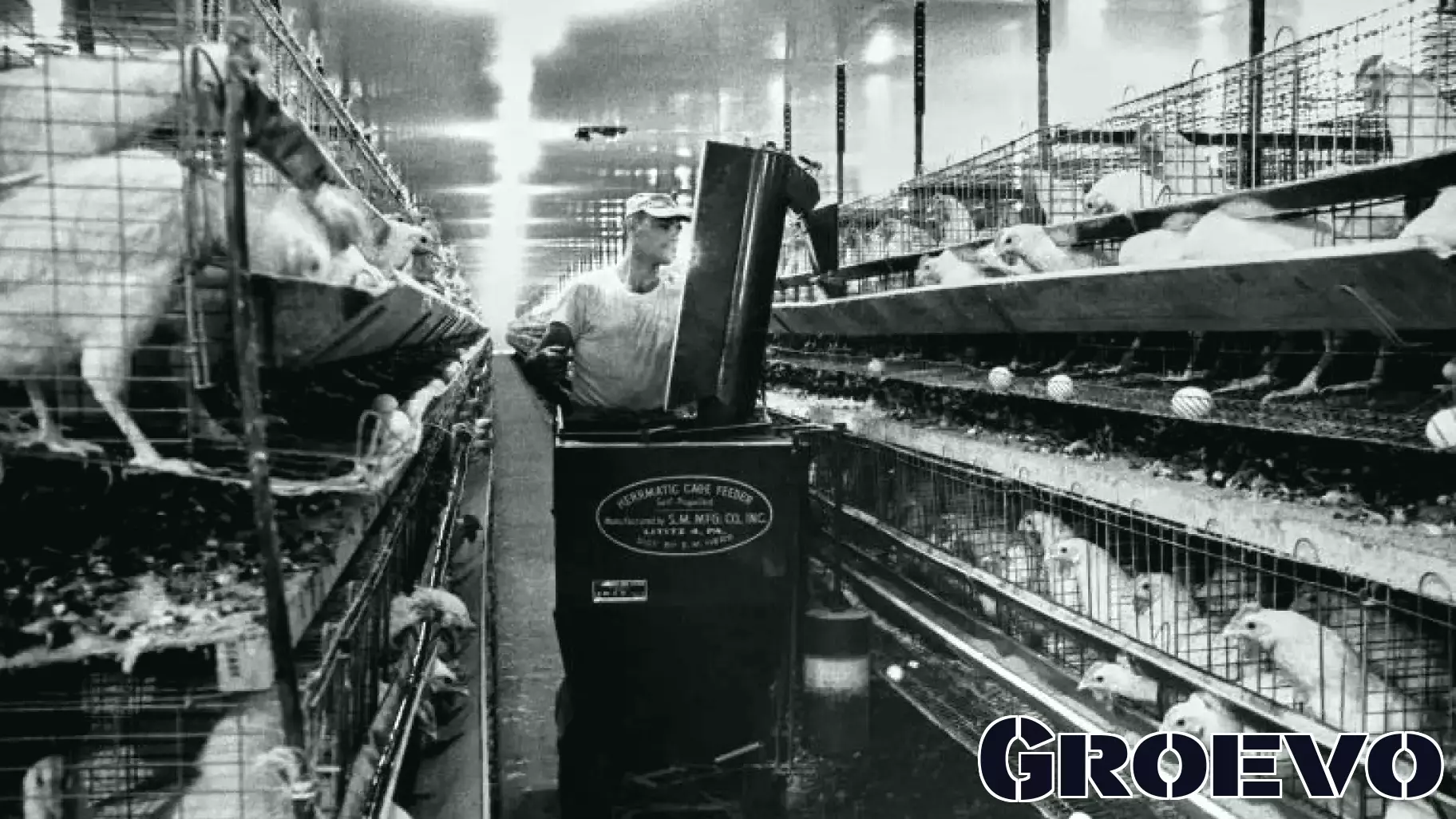The Chicken Tax: A Hidden Impact on Pickup Trucks and the Economy
April 21, 2025 - 03:58

The so-called "chicken tax" is a tariff that significantly affects the pickup truck market in the United States, illustrating the broader implications of President Donald Trump's trade policies. Originally imposed in the 1960s in response to European tariffs on American chicken imports, this tax has evolved into a barrier for foreign-made pickup trucks. As a result, manufacturers are compelled to produce these vehicles domestically to avoid hefty tariffs, which can reach up to 25%.
This tax not only shapes the automotive landscape but also influences consumer choices and pricing strategies. Domestic manufacturers benefit from reduced competition, which can lead to higher prices for American consumers. Additionally, the chicken tax serves as a reminder of how trade policies can ripple through the economy, affecting everything from job creation in the automotive sector to the price of goods in the marketplace.
As the trade landscape continues to shift, the long-term effects of such tariffs on various industries will be crucial to watch, raising questions about the future of international trade relations and domestic manufacturing.
MORE NEWS

January 30, 2026 - 02:26
Phoenix businesses join nationwide 'ICE Out' to protest immigration raidsPhoenix, AZ – In a powerful display of solidarity, numerous local businesses throughout the Valley plan to cease operations this Friday, January 30th. This coordinated action forms part of a...

January 29, 2026 - 22:58
A Business Owner Is Getting Divorced, Asks Dave Ramsey If He'll Lose The Business. 'She's Actually 98% Owner Of The Business And I'm 2% Owner'A Texas entrepreneur is confronting a devastating double loss: his marriage and potentially the business he operates. Despite being the primary operator since 2021, the man, identified as Manny,...

January 29, 2026 - 03:17
TeslaTesla`s fourth-quarter financial results revealed a significant downturn, marking a difficult close to what has been the automaker`s most challenging year since achieving consistent profitability....

January 28, 2026 - 00:49
Lululemon cuts 100 customer service jobs amid quality complaintsThe athleisure giant Lululemon has confirmed a reduction of approximately 100 customer service positions across North America. The move comes during a period of heightened scrutiny over product...